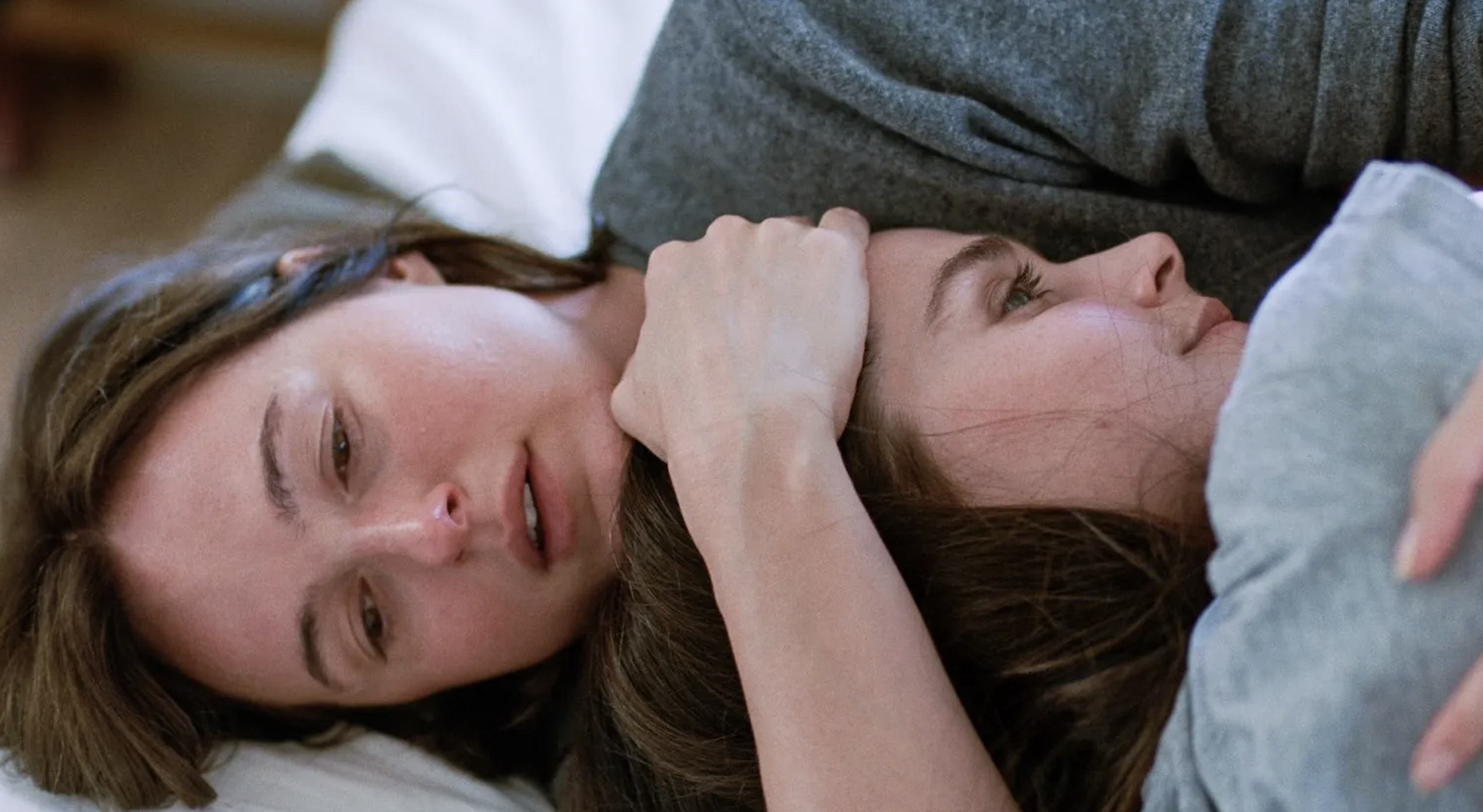
(Check out Savina Petkova’s Sentimental Value movie review. The film just had its premiere at the Cannes Film Festival. Seen it? Join the conversation with HtN on our Letterboxd Page.)
Renate Reinsve has once again captured Cannes audiences’ hearts, four years after she won the Best Actress award for The Worst Person in the World. She reunites with Norwegian director Joachim Trier for Sentimental Value. Trier’s latest film is a bittersweet gem concerning equal parts filmmaking, acting, and family ties, illuminated by the yellow glow of late summer in the Norwegian capital.
This time, Reinsve plays Nora, a successful actress and a regular on Oslo’s National Theater stage; her confident, electrifying presence only matched by the fragility everyone in the crew projects onto her. Indeed, the first time we see her at work, she has a full-blown panic attack and refuses to go on stage, as helpers tape together her torn Victorian dress. Well-concealed vulnerability is a necessary quality to the characters in Trier’s films (co-written with regular collaborator Eskil Vogt), and in the case of Nora, it soon becomes pretty clear where she got it from.
It’s the great Stellan Skarsgård who gets to play Nora’s estranged father Gustav, an aging filmmaker who left the family when she and her sister Agnes (Inga Ibsdotter Lilleaas) were little. A very elegant flashback opens the film, re-enacting this split in a playful and dynamic way, with the family home as backdrop to conflicts and reconciliations. One day, Gustav decides to step back into his daughters’ life and while Agnes welcomes him with open arms, Nora is cautious, defensive even. The actress daughter and the director father are too similar to get along; too proud to admit it, and too hurt to start anew – this is why Gustav offers her the lead role in his new film, a role he wrote specifically for her. A decisive ‘no’ and an even bigger split drive the film’s second half, when Hollywood actress Rachel Kemp (Elle Fanning) gets the role instead.
Even though Sentimental Value widens the geographical scope one associates with Trier and his “Oslo” trilogy by including some very relatable scenes from the Deauville Film Festival in France, its most precious scenes take place indoors. Between the theater and the family home, no place is completely safe, but between four walls is where the characters can truly be themselves.
More than anything, the old, but beautifully preserved wooden house is the beating heart of the film – it plays a crucial role as a character of its own, even when most of the former inhabitants are gone. Its double-winged doors and labyrinthian hallways are filmed with much affection, visible in cinematographer Kaspar Tuxen’s nimble camerawork.
In his new film, Trier embraces the melodramatic streaks of storytelling like never before. Since there are few blueprints for artistic father-daughter relationships, his decision to cast two phenomenal Scandinavian actors who are at least a generation and a half apart pays off in the best way possible: we get a tandem of stellar performances, dancing a dance of emotional restraint until one of them messes up the steps. Thanks to its soft touch handling familial drama, Sentimental Value feels like a film you’d like to live in, as cozy as a creaky house and as warm as a parent’s embrace.
– Savina Petkova (@SavinaPetkova)
2025 Cannes Film Festival; Joachim Trier; Sentimental Value











